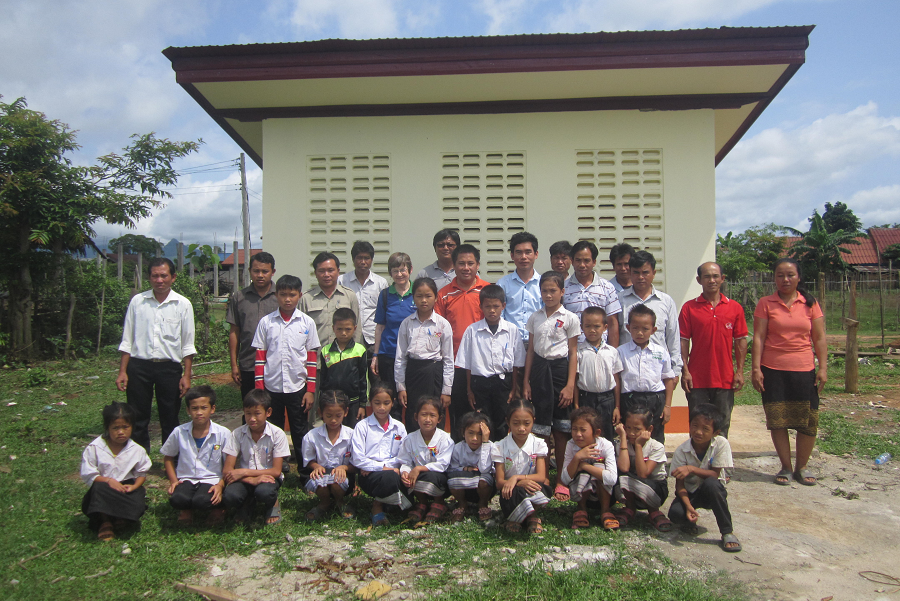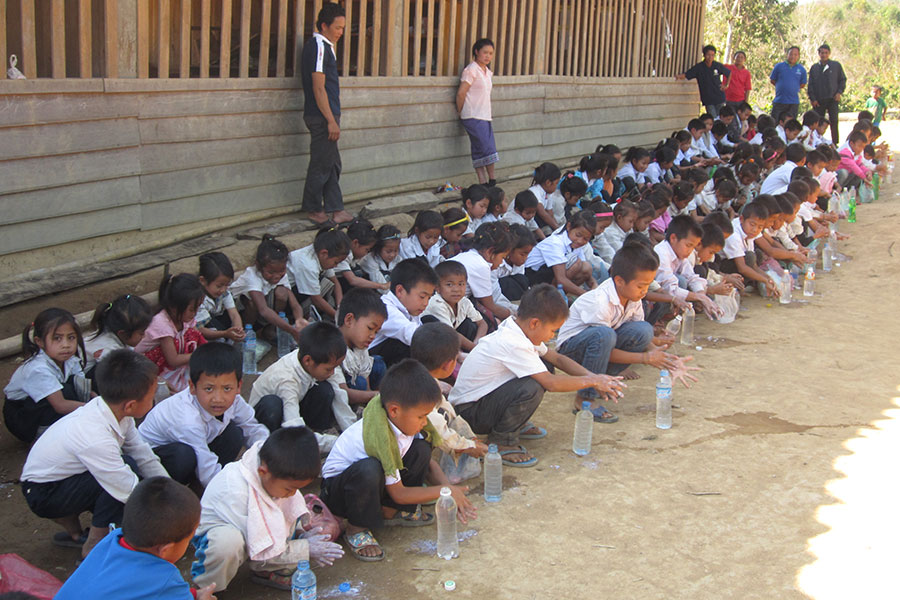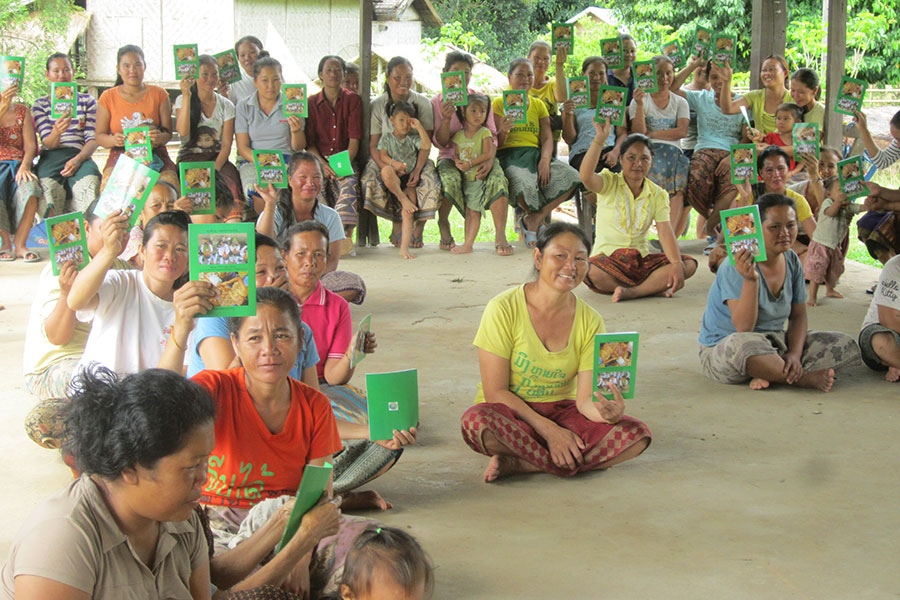Bolikhamxay declared first open defecation free province of Laos
Bolikhamxay Province has been declared the first open defecation free province of Laos. At a meeting hosted by the provincial administration office last week, the Governor of Bolikhamxay, Dr Kongkeo Xaysongkham, the Minister of Health, Dr Bounkong, and the UNICEF Representative of Laos, Ms Beate Dastel, highlighted the province's achievements in attaining this status.
Bolikhamxay’s Governor said: “The Lao PDR has made a breakthrough in promoting sanitation with Bolikhamxay being declared the first open defecation free province by the Ministry of Health. [...] The partners of Bolikhamxay have worked hard to achieve this goal, [...] and the province will lead other provinces of Laos to reach the national goal of being totally free of open defecation by 2025.” He added, “Achieving this goal will make people in the province healthier than before and they will be able to contribute to the province’s socio-economic development and make other efforts for the sustainable development of healthcare. Of course, our province has to continue to maintain its status of being open defecation free.”
HPP Laos, as a long-standing partner of Bolikhamxay Province, also attended the declaration ceremony. We would like to congratulate the province and the communities for achieving this milestone. HPP Laos has been supporting the development of Bolikhamxay's health sector since 2011, first in maternal and child health, nutrition, water, sanitation and hygiene with two Child Aid projects in Bolikhan and Pakxan Districts, and lately in tuberculosis active case finding and treatment adherence support with two TC TB projects reaching 5 districts.
As part of our Child Aid projects, HPP Laos established Village Action Groups in 19 villages and trained them in good hygiene practices including prevention of open defecation, nutrition awareness, and maternal and child health. The projects supported 800 households to build their own toilets, constructed 38 community wells to ensure access to safe and clean water, and reached 3,300 children in schools with training on hand washing practices. At the end of the second Child Aid project, three of our former target villages were awarded the status of Model Health Villages, underlining the effectiveness of the project's approach.






